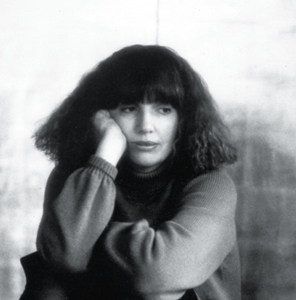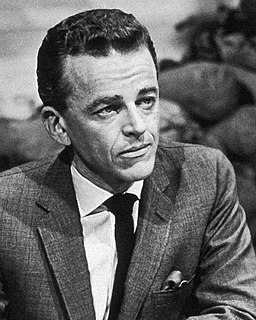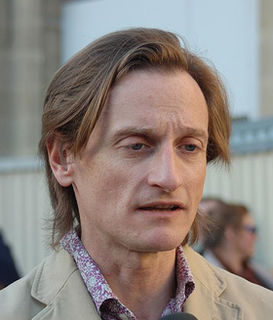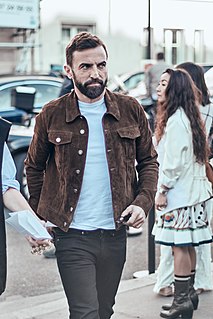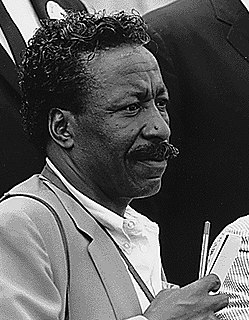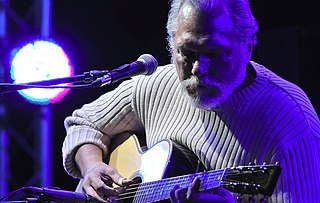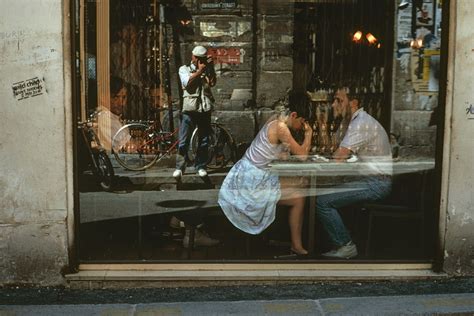A Quote by William Klein
I'm known for fashion photographs, but fashion photographs were mostly a joke for me. In 'Vogue,' girls were playing at being duchesses, but they were actually from Flatbush, Brooklyn. They would play duchesses, and I would play Cecil Beaton.
Related Quotes
We were on a tour, and there were some chord formations that were tough for me to play when I was a kid...it had become apparent that there was some stuff I wanted to do that [would require me] to learn how to do that. So I wrote the song and used some of these chord formations so I would have to play them. I thought it would be a great teaching vehicle for a while, and it was, but it ended up as a performance song.
You're taught that you need to please magazines, to please the fashion elite, and that if you do everything the right way, everyone is going to love you. But I decided not to follow some of the rules. My girls from the runway were not just models - they were soldiers. They helped me bring my ideas to life. I was talking about sexiness, about diversity, about different shapes of bodies. I was following my instincts and learning that it would not please the fashion elite. And I think this is the real luxury, to be free to express yourself. Freedom is luxury to me.
The inferiority of photographs to the best works of artists, so far as resemblance is concerned, lies in their catching no more than a single expression. If many photographs of a person were taken at different times, perhaps even years apart, their composite would possess that in which a single photograph is deficient.

